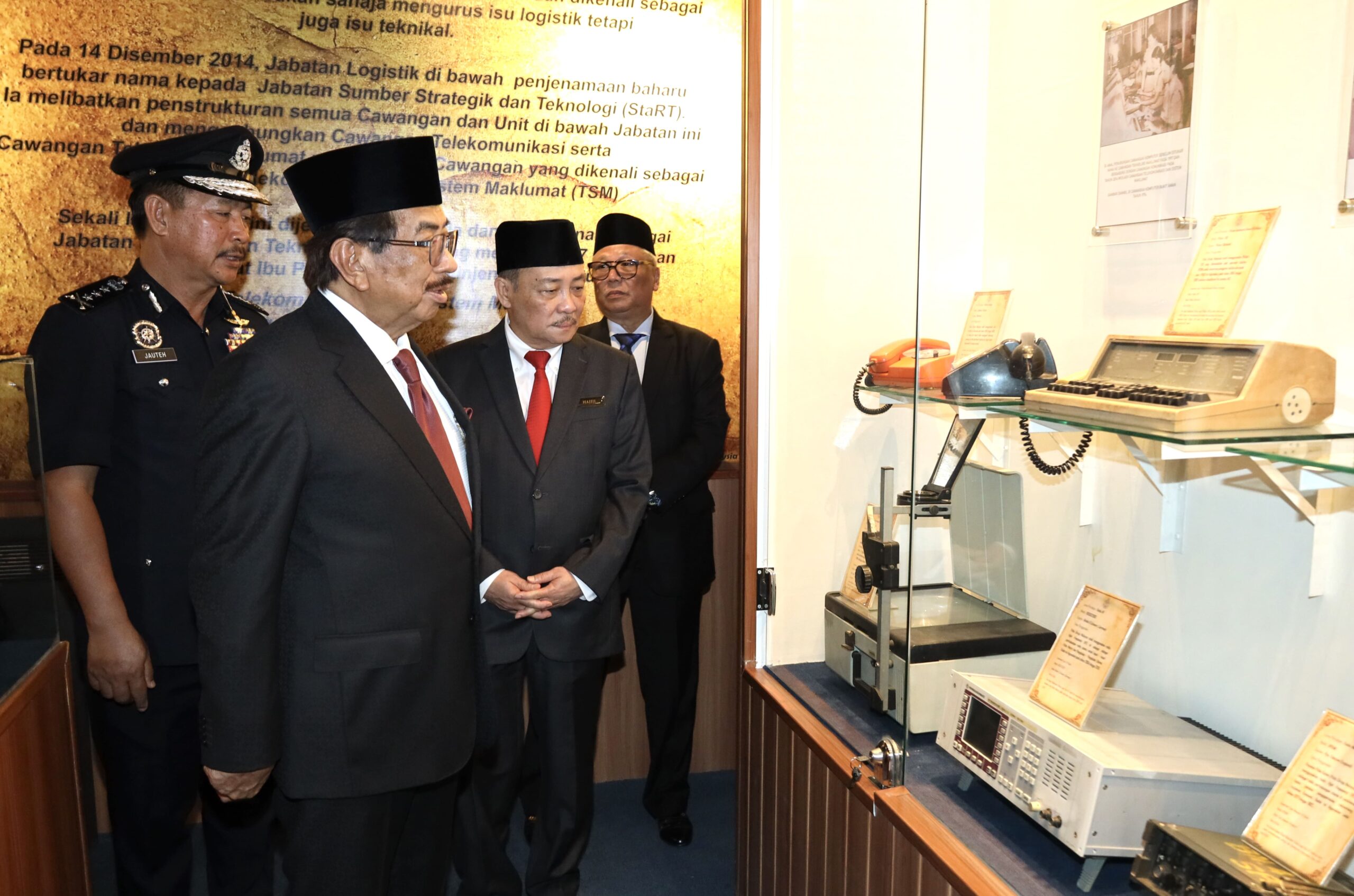Hajiji’s Leadership in Sabah Palm Oil
Chief Minister Datuk Seri Panglima Hajiji Haji Noor’s far-sightedness and leadership has gained another traction for Sabah. Hajiji was instrumental in the setting up of the East Malaysia Crude Palm Oil Futures Contract (FEPO), in October 2021, at Bursa Malaysia. Hajiji felt the need to for greater price transparency and alternative risk management for palm oil market players in East Malaysia. The FEPO contract is Shariah-compliant and is good news for palm oil players in East Malaysia.
Sabah and Sarawak account for half of Malaysia's crude palm oil production. So, it is timely that Hajiji; the industry players; and the Bursa Malaysia leaders create a hedging mechanism - the East Malaysia Crude Palm Oil Futures Contract (FEPO) - to cater for palm oil players in East Malaysia.
Hajiji’s point was that the port tank installations in Lahad Datu and Sandakan will soften the logistics costs of physical delivery of upstream and downstream market players in Sabah. His argument is excellent: the participation of new port tank installations in FEPO will create job opportunities (along the supply chain of palm oil industries, such as transportation, storage facilities, quality surveying and other downstream activities) and higher economic values for the palm oil-related businesses in East Malaysia.
The CM thinking path is admirable:
- The FEPO contract will strengthen Bursa Malaysia Derivatives’ palm options, further positioning Malaysia as a major global centre for palm oil price preference.
- The FEPO contract will attract international investors, and especially commodity traders in China’s palm olien market at the Dalian Commodity Exchange, to trade on both countries’ Exchanges concurrently, including lauric oils traders and arbitrageurs who are looking for arbitraging opportunities between both markets.
- A hedging facility augurs well for the future development of Sabah's palm oil industry. Sabah’s production of 4.65 million metric tonnes of Crude Palm Oil in 2020 alone makes Sabah the biggest palm oil producing state with 24 percent market share in terms of national output. FEPO offers palm oil businesses to seek alternative pricing through the exchange and, thereafter, to deliver CPO to any of the three designated delivery points closest to their trading operation.
- Sabah Government’s wholly-owned Lahad Datu POIC covers 4,400 acres catering to light, medium and heavy industries and complemented by a comprehensive set of ports — a port each for bulk cargo, liquid cargo and containers — in a naturally deep harbour with depths that can accommodate the largest of cargo vessels.
- The Sawit POIC, managed by Sawit Kinabalu Sdn Bhd, an investment arm of the Sabah government in palm oil business is located on a 2,810-acre of land in Sandakan has been developed to spur investments in palm oil downstream manufacturing.
- Both POICs are surrounded by oil palm estates as well as being near to resource-rich territories in the Brunei-Indonesia-Malaysia-Philippines East Asean Growth Area (BIMP-EAGA) region. They are important assets to the State of Sabah as they are crucial infrastructure for major industrial projects to facilitate development in the east coast of Sabah.
- FEPO will enhance the potential of boosting synergies between the derivatives market and local palm oil industry, hence bringing new growth to Sabah’s economy.




